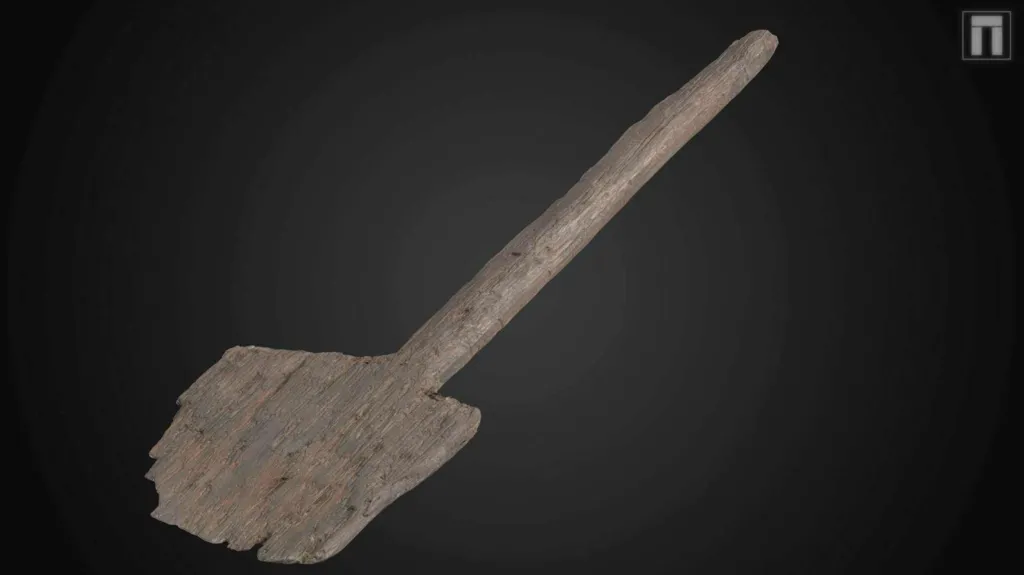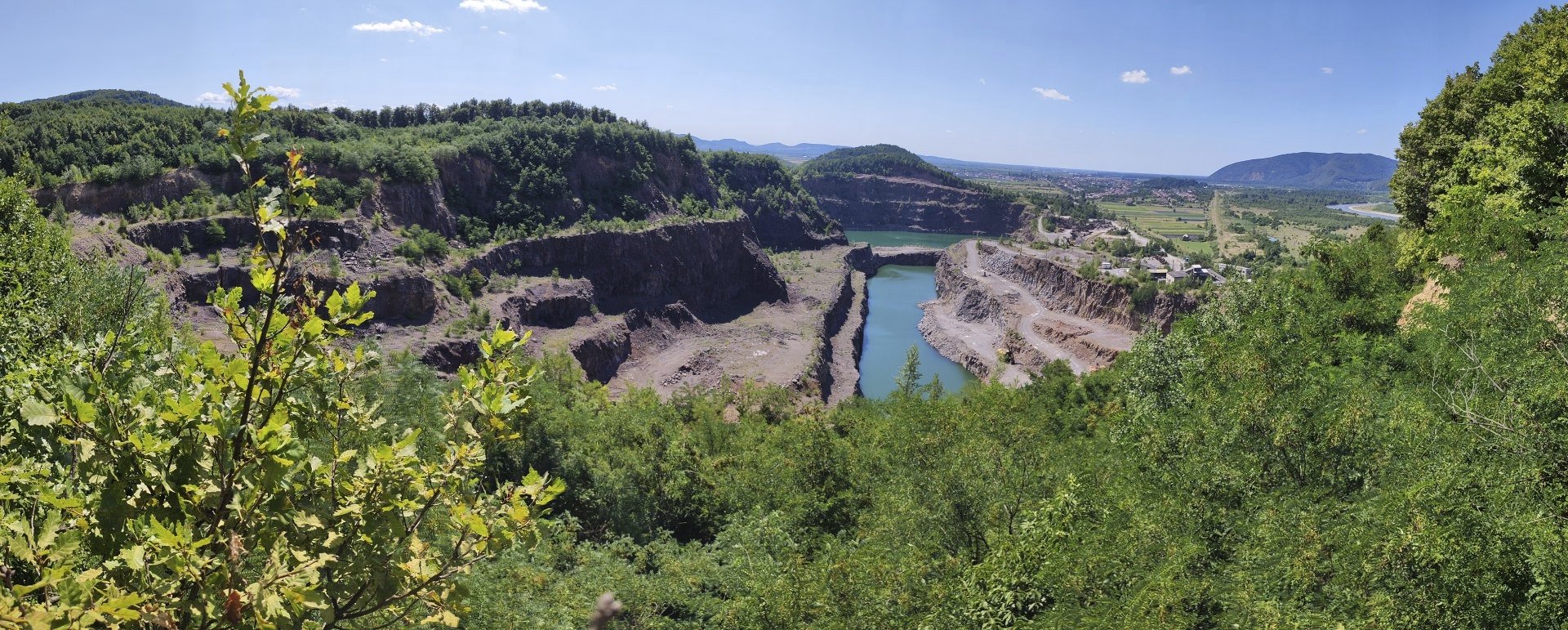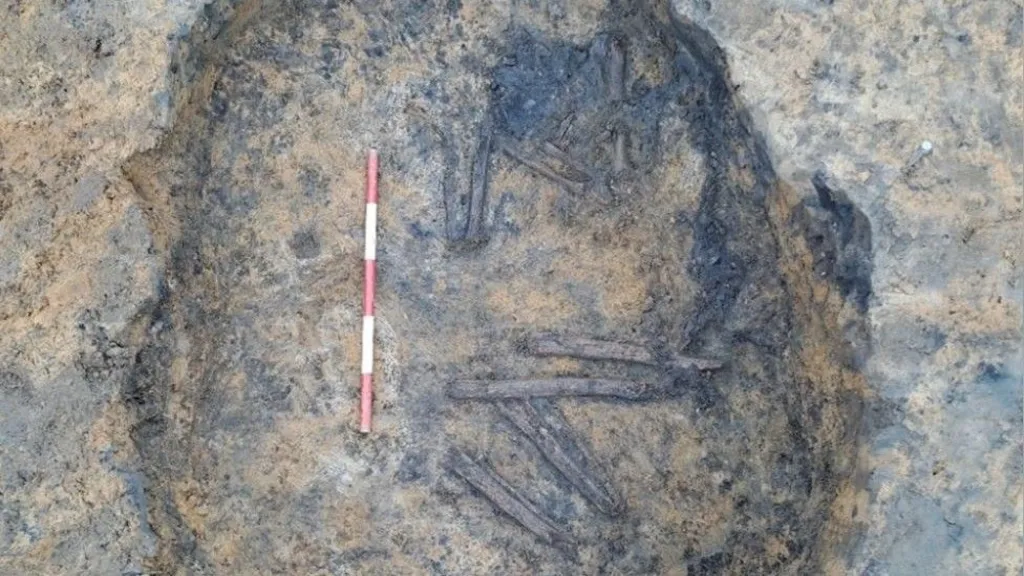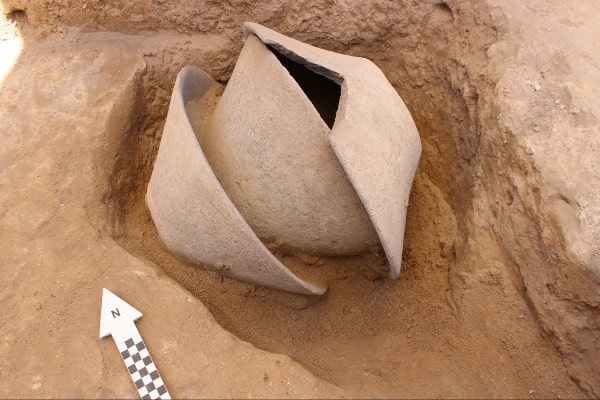Archaeologists from Wessex Archaeology discovered a 3,500-year-old wooden paddle during excavation work for the Moors project in Arne.
Phil Trim, who is leading the rescue efforts for the wooden paddle dated to the Bronze Age uncovered at Poole Harbour, stated, “Finding a wooden object from that era is truly a unique find.”
Phil Trim said, “I was somewhat skeptical; I thought it could be a tree root, but I watched in astonishment when we realized that it was actually an ‘almost complete tool.'”
“It was indescribable; it was truly an exciting moment,” he added.
The Moors project in Arne is taking place across 150 hectares (370 acres) of diverse wetlands. The project aims to reduce the loss of coastal habitats, such as salt marshes and mudflats, due to rising sea levels, which are increasingly exacerbated by a process known as “coastal squeeze” against sea defenses.
Archaeologists noted that it is quite unusual for organic materials like wood to survive for such a long time, especially given the site’s waterlogged nature, allowing them to remain intact for over three thousand years.

The tool was discovered in a circular ditch, which archaeologists believe was cut by Bronze Age people to keep central items dry during flooding.
Ed Treasure from Wessex Archaeology, who led the environmental analysis of the paddle, explained that the tool was preserved due to the waterlogged conditions.
“This occurs in a place where it remains permanently wet through burial, excluding oxygen.
“Therefore, unlike typical archaeological sites where organic remains like wood would decay, as this shows, they can be preserved for thousands of years.”
“However, even when preserved, they are very fragile,” he added, commending the field team for their excellent work in carefully lifting the paddle on-site and transporting it as a whole to specialists in the laboratory for conservation.
The Moors project in Arne is being delivered by the Environment Agency, RSPB, and Natural England.
Source: BBC
















